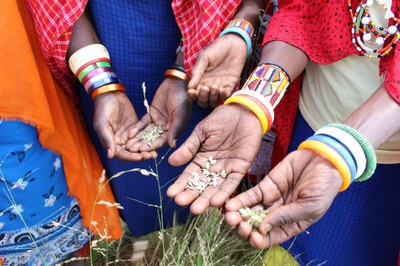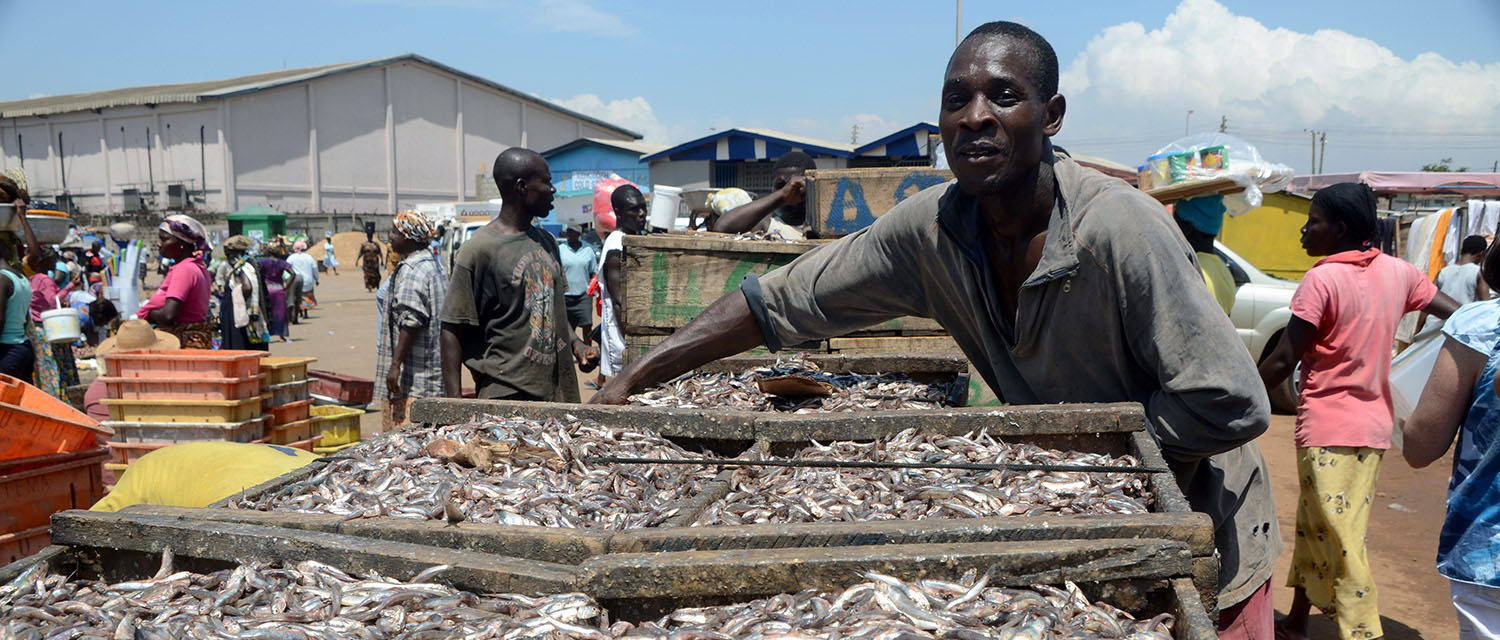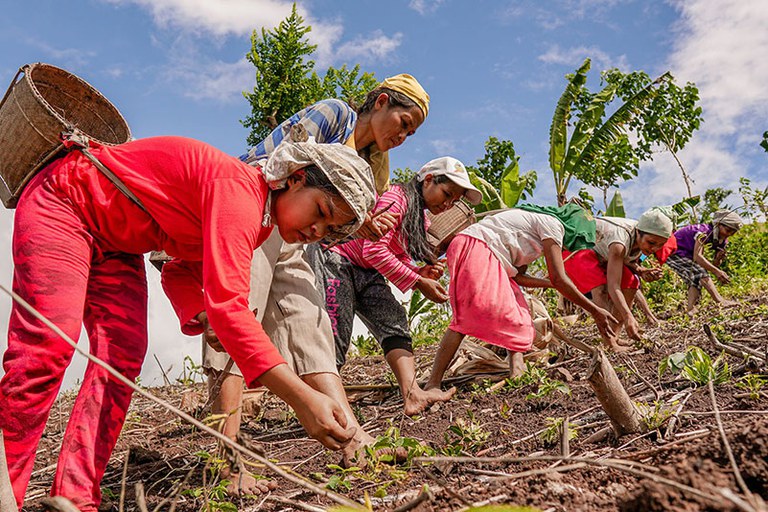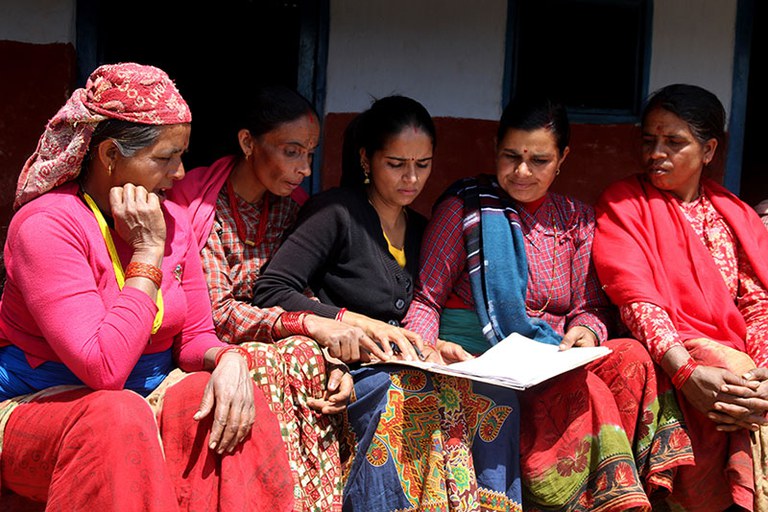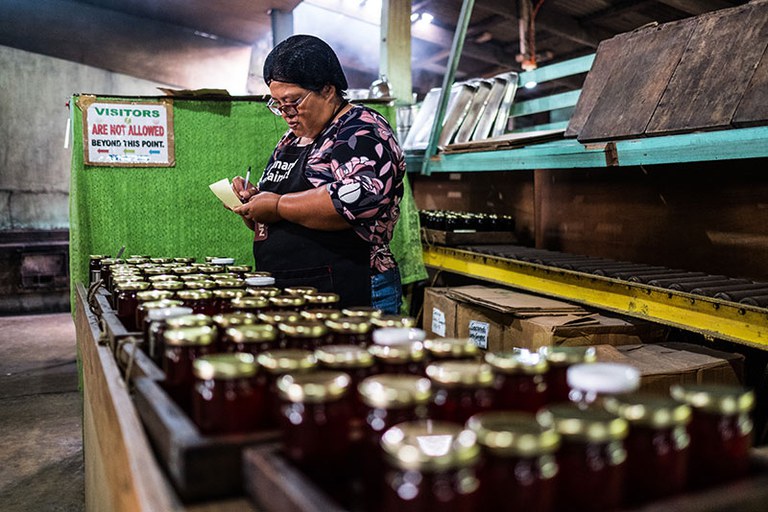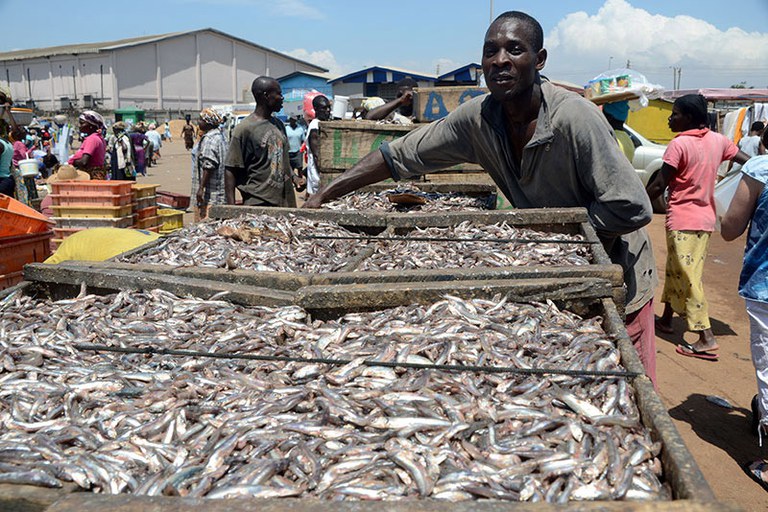Despite tremendous gains in food production over the last 50 years, more than 800 million people around the world are chronically undernourished; two billion are micronutrient deficient; and 159 million children under five are stunted, forever robbing them of opportunities to reach their full potential. At the same time, ecosystems provide goods and services that support food production—including fish provision, water provision, pest control, and pollination—and biodiversity programming can have significant positive impacts on food security. Agriculture programming can also increase productivity and incomes while minimizing impacts on the environment.
Key Information
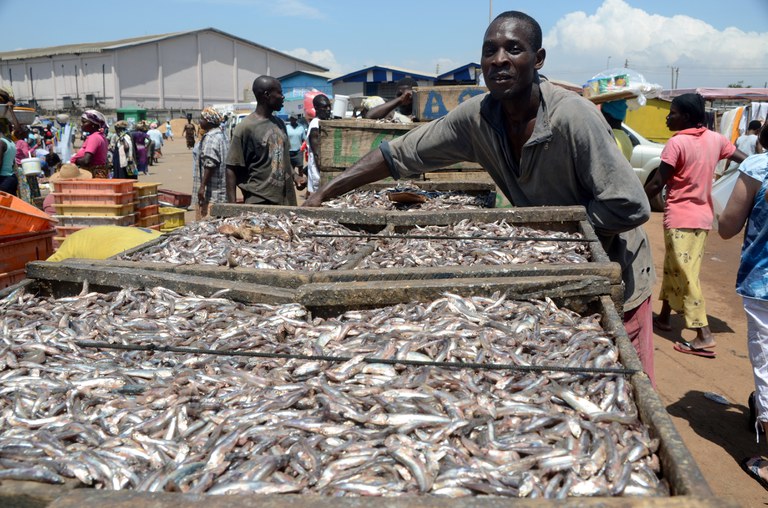
The Importance of Wild Fisheries for Local Food Security
Sustainable management of wild fisheries is critical for achieving food security and poverty reduction in many developing countries. Fish are the world’s most widely traded food products and some of the most nutritious. Read about the role of wild fisheries in nine Feed the Future countries.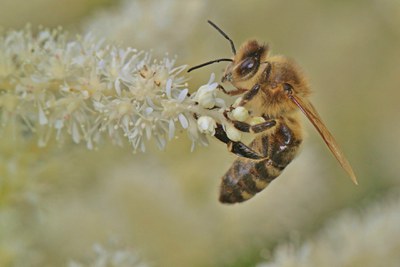
The Importance of Wild Pollinators for Food Security and Nutrition
Pollination is a crucial ecosystem service that increases the yield and quality of many crops that are important to food security. Wild pollinators like bees, birds, butterflies, and bats transfer pollen among flowers to enable crop fertilization and reproduction.